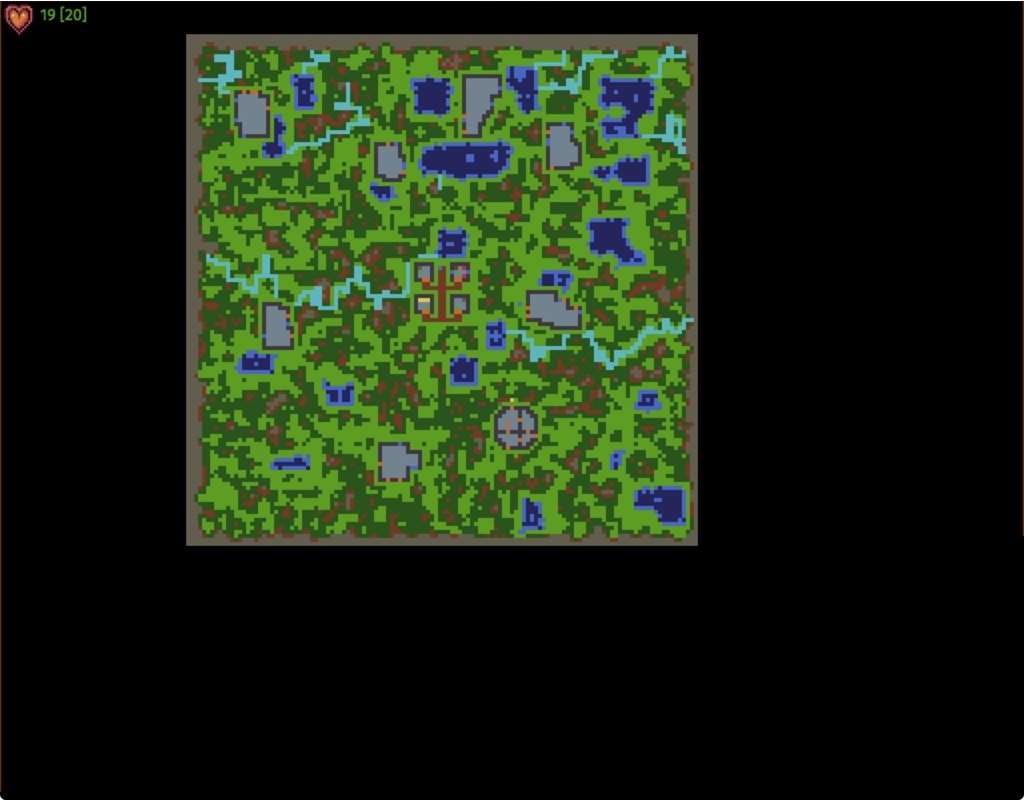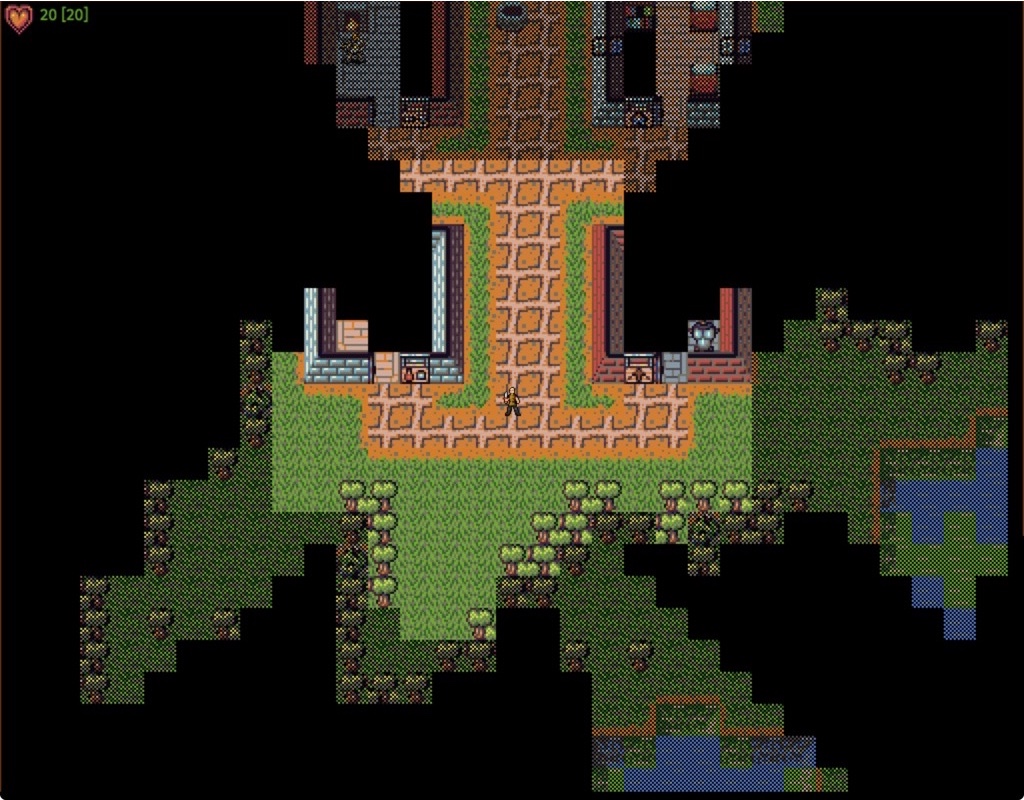"So, yes, Xcode is flawed. But is it fundamentally flawed? Is there some core concept — its multi-paned single window UI, its scriptable build system, the nature of app bundles and code signing — that makes it impossible for Xcode to ever be good? I don’t believe anyone is making this argument. The closest you get to this is storyboard haters who build their UIs in code. I disagree with that camp, but even if I didn’t, that alone is not enough to relegate all of Xcode to junk status."
— Chris Adamson about his new book, Xcode Treasures
I like @invalidname, but wow do we ever not agree about this. I diatribed a bit yesterday, but let's look at just these claims.
The build system is basically a shell script but with a custom editor that's harder to use than typing. Did you know that most programmers are pretty good at typing? Most of my projects, in fact, just had a shell script "phase", and then I'd write everything in bash (I hadn't switched to zsh yet). It is no better than an old-fashioned Makefile or nmake, and for many projects a build shell script is enough. But, sure, this isn't the worst thing in Xcode.
Code signing is Hell, and Xcode's original version on iPhone SDK launch was appallingly hard, but it worked. Now they've automated it, which means you have 512 bogus auto-generated configurations on your ADC profile, and if the signing server is down (which happens… well, it's not even two 9s of uptime…), you can't do anything until some hours later when Apple plugs the server back in. Entitlements and services you turn on/off can permanently burden your app's configuration, until you go to the website and houseclean all the junk configurations and make a new one with just what you need. And that'll get replaced with an auto-generated configuration again.
Xcode does have a dozen or so color themes now, but you can't change the UI chrome from generic Mac gray, so it'll always be unpleasant to view dark-background themes, you can't choose different icons, can't script the goddamned thing. Meanwhile, here's Atom's 7556 packages including 2579 themes, and you can just hack on all of the editor in JS & CSS, live-updating your own tools.
I quit using storyboards except for nearly-blank launch screens, and XIBs (NIBs! We called them NIBs!) except as maximized view holders, because the corpse of Interface Builder trapped in Xcode's belly punishes you for using them; if you touch anything, your autolayout constraints go crazy. And you can't delete constraints in the view where you edit them, only in the tree view which isn't even visible normally, and is organized totally differently from the editor on the right. After a few versions, Xcode just can't edit an old project's XIBs anymore, and then you're FUCKED. Have fun recreating that entire UI, OR you can put it in code. And if you're writing code, why not just leave the walled garden and write HTML/CSS/JS like I do?
The one-window thing doesn't bother me, but the lack of functioning tabs is infuriating and stupid. Open three files. In BBEdit, all three appear in the sidebar, and you can switch with the top-left file selector or the bottom-left list of "Currently Open Documents", or other navigations; I prefer tabs, but it's entirely acceptable. In Atom or AppCode, all three appear as tabs at the top of the editor pane, and you can drag to reorder the tabs as you like; each tab is a unique single view into that file. In Xcode, you can open them in separate windows, or in separate "tabs", but the same file can be open in multiple places, but if you close it in one, it closes in all of them. WHY WOULD YOU DO THAT? If you click a file in the tree view, it replaces the contents of the current tab/window, it doesn't just open it in a new tab. So the process is click, double-click to get a window, then on the first view hit back and hope it goes to the right file. Flames on the side of my face!
Snippets. OH NO, I had a PTSD flashback to Xcode's Snippets. You write a piece of text you want to reuse. Select the text and drag it onto the Snippet area; you can't right-click or menu it there. No, you clicked on the background, now it's deselected. You have to reselect, click on the stroke of a letter in the text. Maybe zoom the screen in with ctrl-mousewheel, now you must grab a SINGLE MOTHERFUCKING PIXEL!!! Calm, deep breaths… and drag it to the Snippet area. ???? In Atom, you either copy-paste it into a config file, or install snippet-generator-plus, select text and hit a key.
Xcode isn't just accidentally hateful and awful. It must be the work of a malevolent intelligence to be this horrible. I've found a recording of the original design meeting for Xcode.
Spend a few days working in an IDE that doesn't hate you like AM hates Humans, and you'd kill anyone who tried taking you back.


